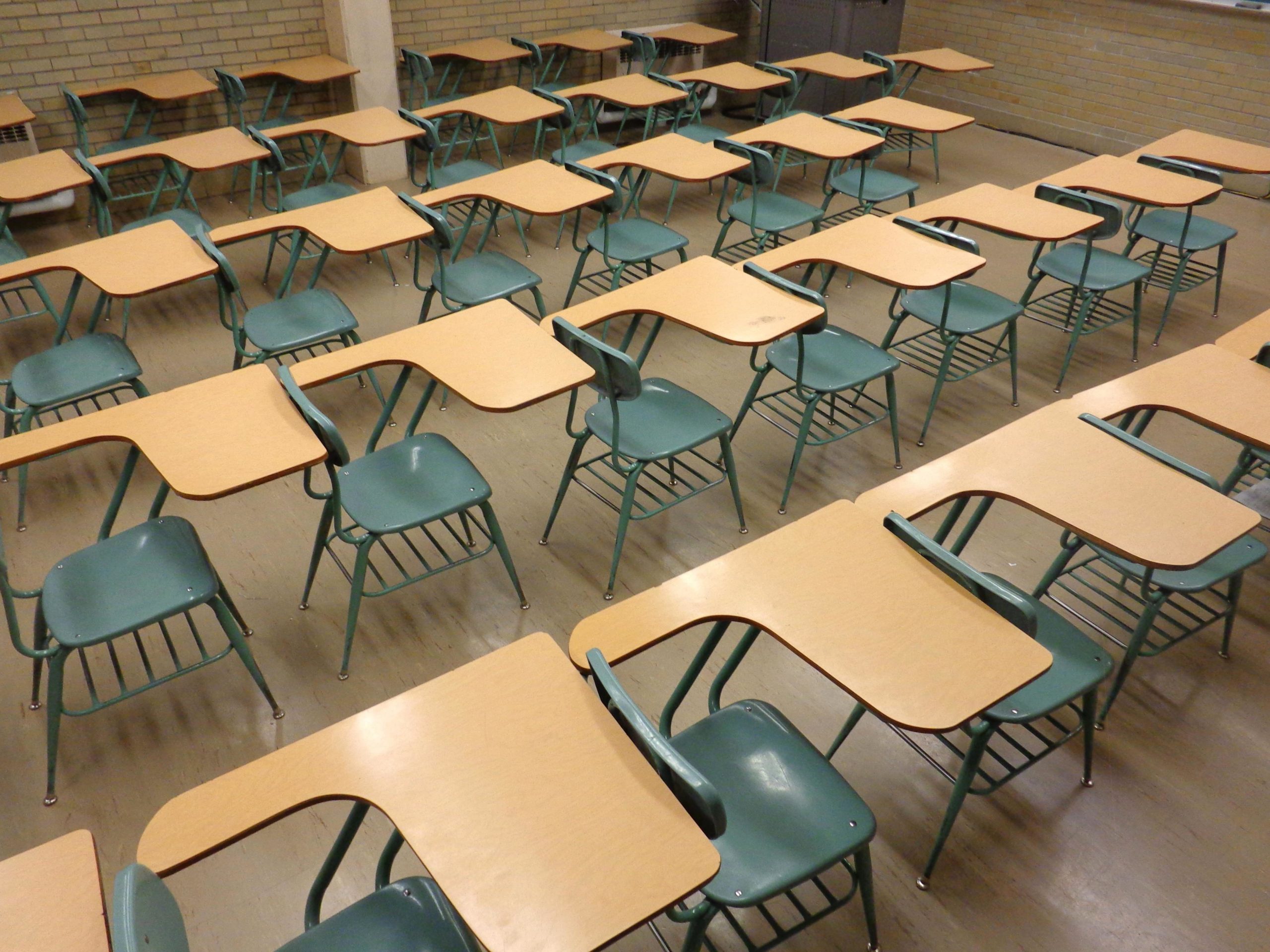What's the story?
The Texas State Legislature passed Senate Bill (SB) 2 on April 24, 2025, and Gov. Greg Abbott (R) has said on social media that he will sign it once it reaches him. Texas is the 16th state to enact a universal education savings account (ESA) program providing public funds for alternatives to public schools, such as private schools and homeschooling, designed for all students to qualify.
Texas is the fourth state to enact a universal private school choice program so far in 2025, with all enacting states having Republican trifectas. Texas is the 16th state overall to enact universal private school choice, and the 13th Republican trifecta.
SB 2 passed the Texas House of Representatives 86-61 on Apr. 17, 2025, with two Republicans joining all Democrats opposing it. Three representatives were absent.
Democrats stated they would vote against all legislatively-referred state constitutional amendments for the rest of the session if House Republicans did not amend SB 2 to become a ballot measure for voters to decide in the coming Nov. election—the amendment to make SB 2 a ballot measure did not pass.
The Senate passed SB 2 19-12 on Feb. 5 and voted to concur with House amendments on Apr. 24, sending the bill to Gov. Abbott's desk.
SB 2 creates an education savings account (ESA) program set to start in the 2026-2027 school year, which will provide public funds for eligible students that families can use on approved educational alternatives to assigned public schools. All Texas students who are citizens or nationals of the United States are eligible for the program, which is capped at $1 billion until 2027. The state is required to prioritize students who are siblings of program participants, students with disabilities below a certain income threshold, and all other students below a certain income threshold.
For students enrolled in a private school, SB 2 will provide families with money in an ESA equal to 85% of the estimated statewide average amount of state and local funding per public school student for the most recent school year— estimated to be about $10,330 per student in 2027— with more for students with disabilities. SB 2 provides up to $2,000 for homeschooled students annually.
The bill requires private schools to have existed for at least two years before joining the program; authorizes the state auditor to review the activities of organizations contracted to administer the program; and requires the state to annually report on the program, including information regarding dropout, expulsion, and graduation data on participating students with disabilities to be broken down by grade, age, sex, and race or ethnicity.
Background:
Gov. Abbott has prioritized expanding access to private school choice. In 2023, the Texas State Senate approved SB 8 and SB 1. Both bills would have enacted ESA programs, but the bills did not pass in the House. Texas House Bill (HB) 1, introduced in a 2023 special session, initially contained provisions enacting an education savings account (ESA) program. However, 21 House Republicans joined all Democrats in voting to remove the ESA provision.
During the 2024 Texas Republican primary, Gov. Abbott campaigned against Republicans who had voted against ESAs in 2023. In 2024, 14 legislators supportive of private school choice were elected to the Texas State House of Representatives, replacing Republicans who had voted against ESAs in 2023.
Abbott endorsed 12 Republican candidates who supported school choice in the primary, seven of whom won their primary, while the other five advanced to the May 2024 run-off. Two additional candidates who supported school choice won their primary or went to the runoff.
Of the Republicans who opposed ESAs during the 2023 legislative session, nine lost in their 2024 primaries, five opted not to run again, and seven are returning to the Texas House for the 2025 legislative session.
One returning House Republican representing a district with rural schools, Jay Dean, expressed concerns about whether universal school choice would help families in rural areas in 2023 and did not support ESAs in that vote. In 2025, voting on SB 2, Rep. Dean voted to support ESAs.
Fifty-one percent of Texas's state legislative districts contain rural school districts. 29% of rural Republican representatives voted to remove ESAs from HB 1, a higher ratio than the 18% of urban or suburban Republicans. All Democrats opposed the bill.
Texas Sen. Brandon Creighton (R) supported the 2023 ESAs provision, arguing that the state must recognize the differing needs of the state’s six million students, and that a one-size-fits-all education does not work for many Texas students.
Additional reading:
- Legislative vote history on school choice by rural district representatives in Texas (2023 - 2024)
- Impact of school choice on rural school districts and communities
- States with and without universal school choice programs
- Case studies on legislative support for and opposition to universal school choice legislation (2023-2024)


